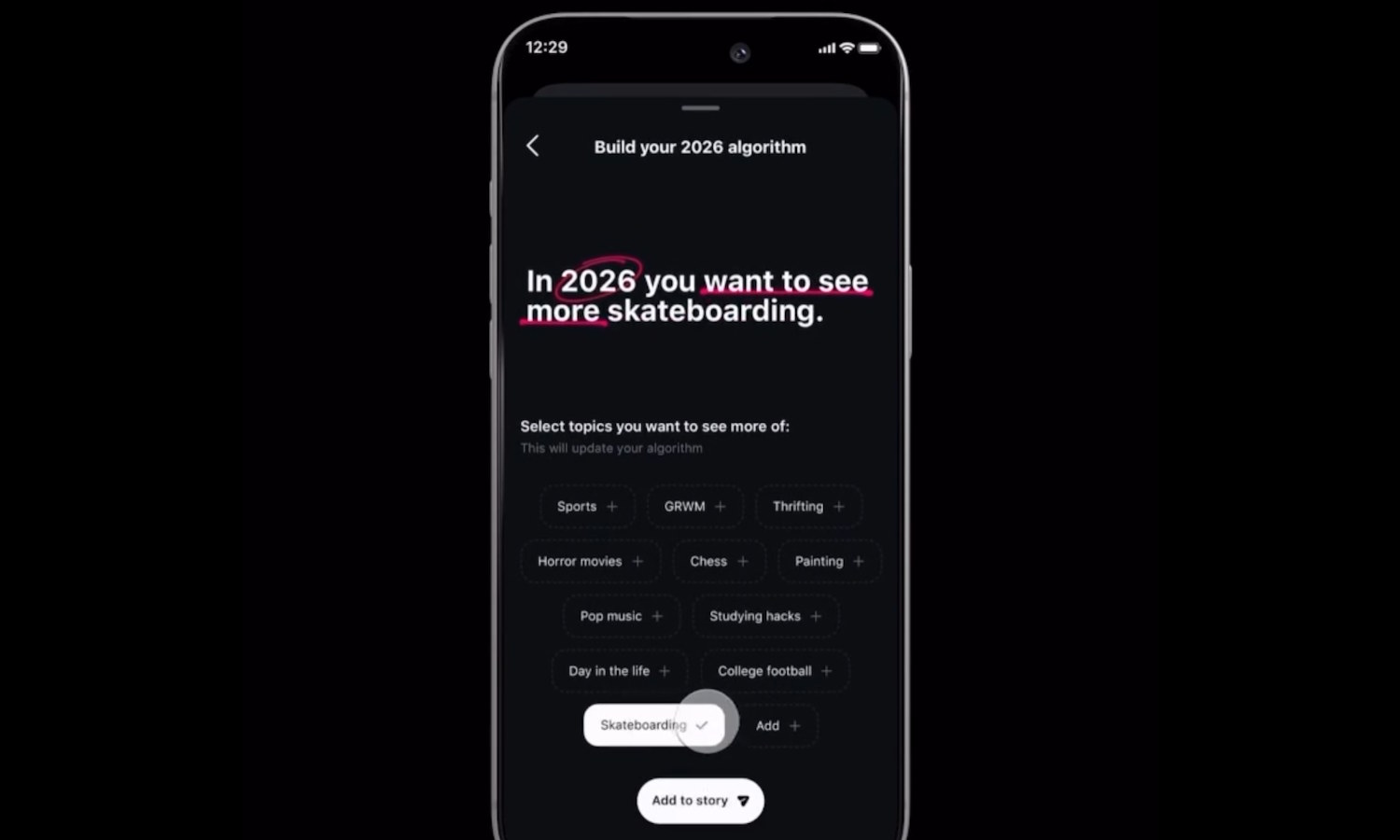
Instagram rolls out Reels algorithm control to the wider world
Just over a month ago, Instagram decided to let users in the US tweak the algorithm used to display Reels. Now the Meta-owned social media platform is expanding this control far more widely.
While the expansion is a global one, it does not mean that all Instagram users around the world have been given greater control over the Reels algorithm. For now, this option is limited to the English language, and it is not quite clear when it will include other languages.
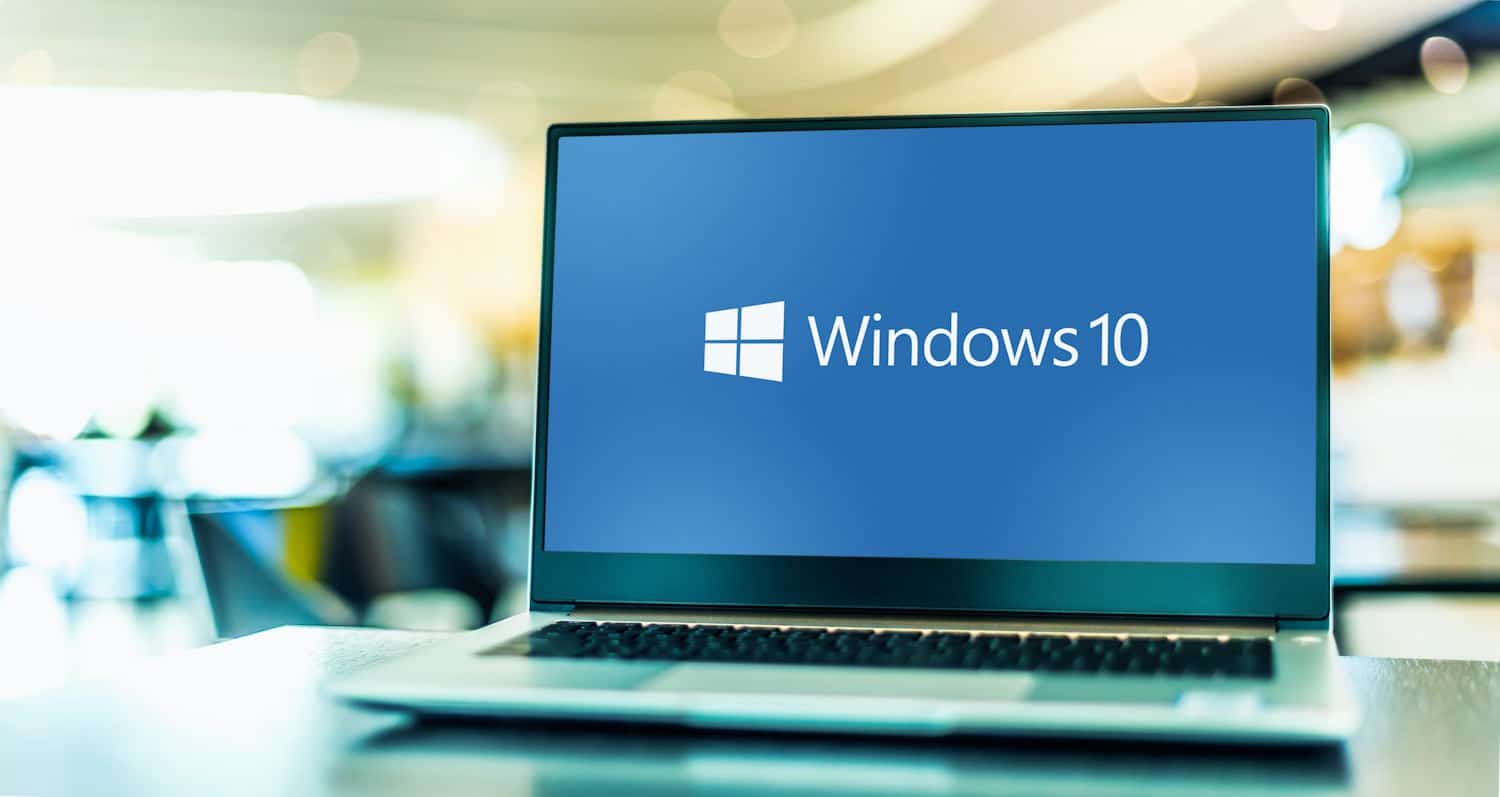
Windows 10 users signed up for ESU should install the KB5073724 update right now
Microsoft has released the first Windows 10 update of 2026 in the form of the KB5073724 update. The update is available for Windows 10 21H2 and 22H2 users signed up to the ESU (Extended Security Update) program.
With Windows 10 no longer receiving mainstream support, this update is nothing more than a security update – although it is no less important because of that. The list of fixes is not huge, but Windows 10 hangers on should install it nonetheless.
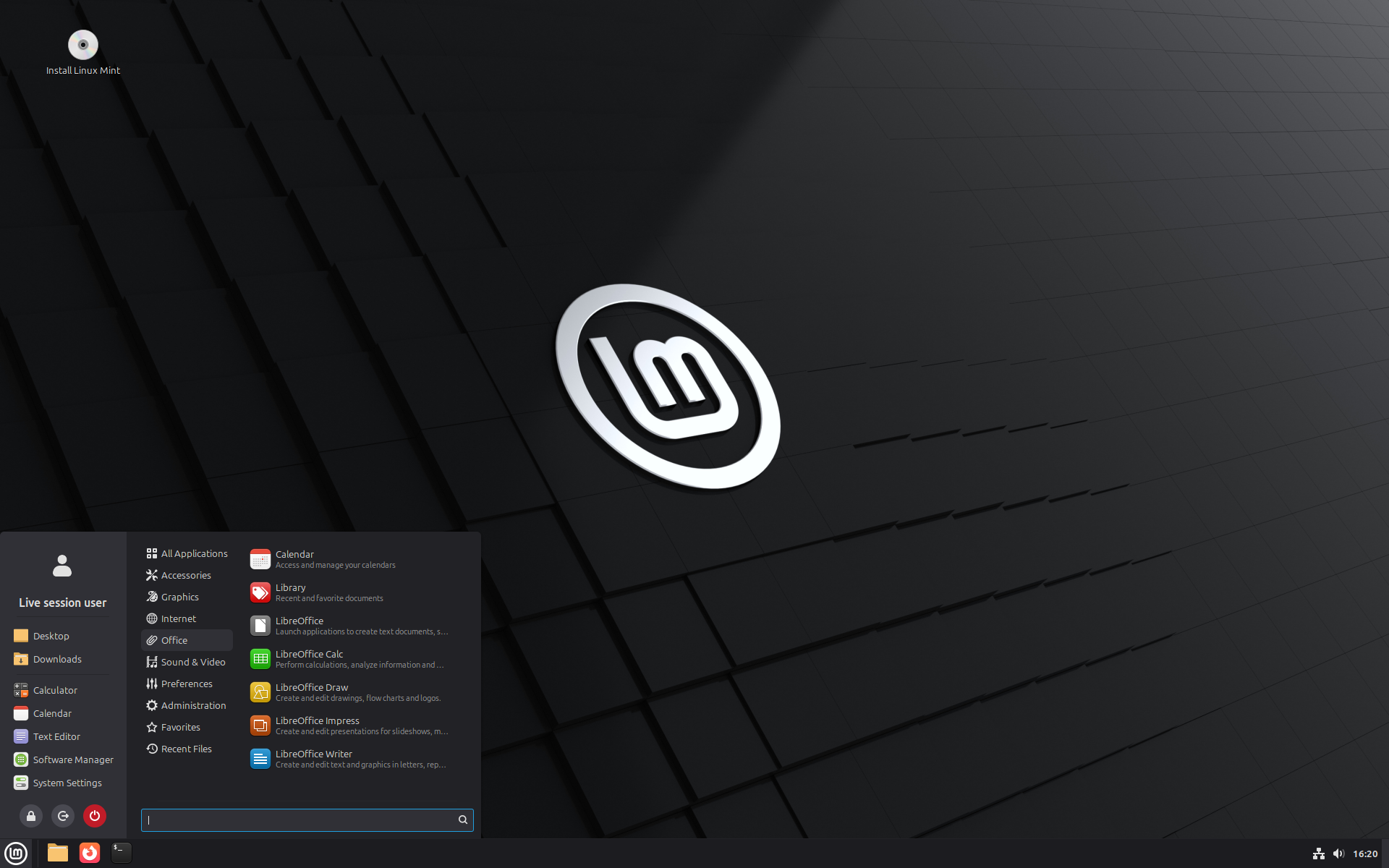
Linux Mint 22.3 is built for users who value stability over surprises
Linux Mint 22.3, codenamed Zena, has been released as part of the project’s long term support desktop Linux line. The release is available to users upgrading from recent Mint versions or installing fresh systems.
Linux Mint 22.3 is an LTS release and as such will continue receiving updates until 2029. As with previous point releases in the series, it focuses on software updates, usability tweaks, and incremental feature improvements rather than major changes.

Wine 11 finally fixes one of the biggest problems with running old Windows apps
Wine, short for Wine Is Not an Emulator, is a long-running compatibility layer that lets Windows software run on POSIX systems by translating Windows API calls directly into native ones. The latest stable release, Wine 11.0, completes another year of development with thousands of changes aimed at performance, graphics handling, and long-term compatibility.
Wine 11.0 rounds off a full development cycle with roughly 6,300 individual changes and more than 600 bug fixes. This release includes two key changes. One is support for the ntsync kernel module on Linux, and the other is the completion of the newer WoW64 architecture, which changes how 32-bit Windows applications run on 64-bit systems.

Apple bundles Final Cut Pro, Logic Pro, and more into a new Creator Studio subscription
Apple has introduced Apple Creator Studio, a new subscription service available beginning Wednesday, January 28, that brings together its professional creative apps under one plan. It combines tools for video, music, image editing, and productivity, and is aimed at creators who already rely on Mac, iPad, and iPhone and want a single place to access Apple’s core creative software.
The subscription bundles Final Cut Pro, Logic Pro, Pixelmator Pro, Motion, Compressor, and MainStage, alongside added features and premium content in Keynote, Pages, and Numbers.

Executives more likely to take phishing bait than junior staff
New data reveals that 11.6 percent of C-Suite members admit to interacting with a phishing message in the last week alone, compared to just 8.8 percent of entry-level employees.
This is one of the findings of Yubico’s 2025 Global State of Authentication Report which also finds a gap in perception at the top, while 44 percent of C-Suite members believe their company has ‘very good’ cybersecurity in place, only 25 percent of entry-level employees agree, suggesting a discrepancy in cyber awareness
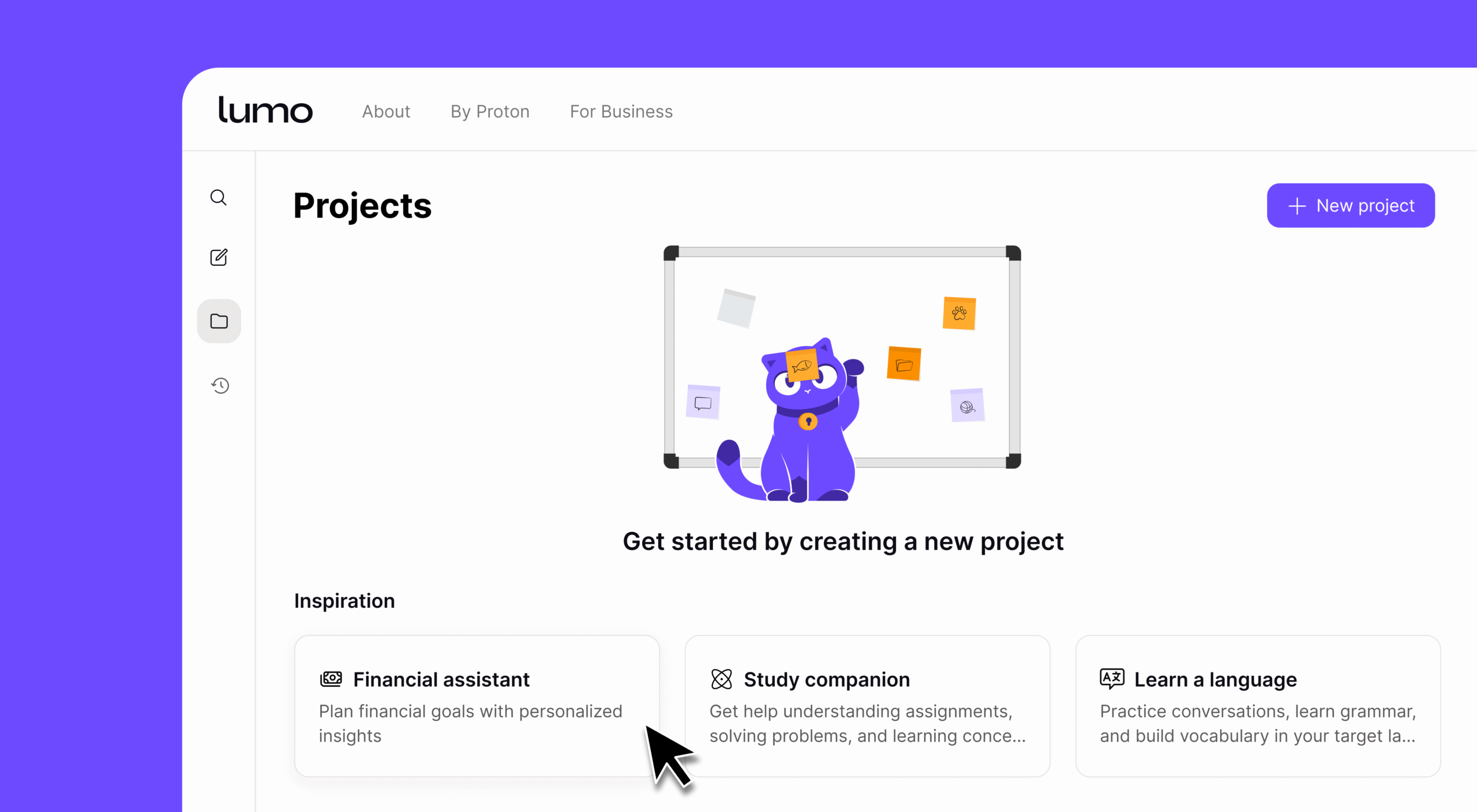
Proton updates its Lumo AI tool with new Projects feature
Six months ago Proton launched its privacy-focused AI assistant, Lumo, which doesn’t store or train its models on your prompts or chats.
Today it introduces Lumo 1.3 which adds Projects, a dedicated, encrypted space within Lumo for ongoing conversations about a specific topic. Rather than having to restart conversations or re-type the same instructions, Projects lets users bundle together chats, files, etc for any task (whether its a report for work, managing household finances or planning a holiday) and have them remain in sync across every device and session.

Sisense delivers faster, smarter analytics with AI
Data analytics is perhaps one of the areas that’s seen most benefit from AI, allowing information to be processed faster and in larger volumes.
With its new announcement today Sisense aims to deliver a new generation of analytics that not only interprets data but can act on it.
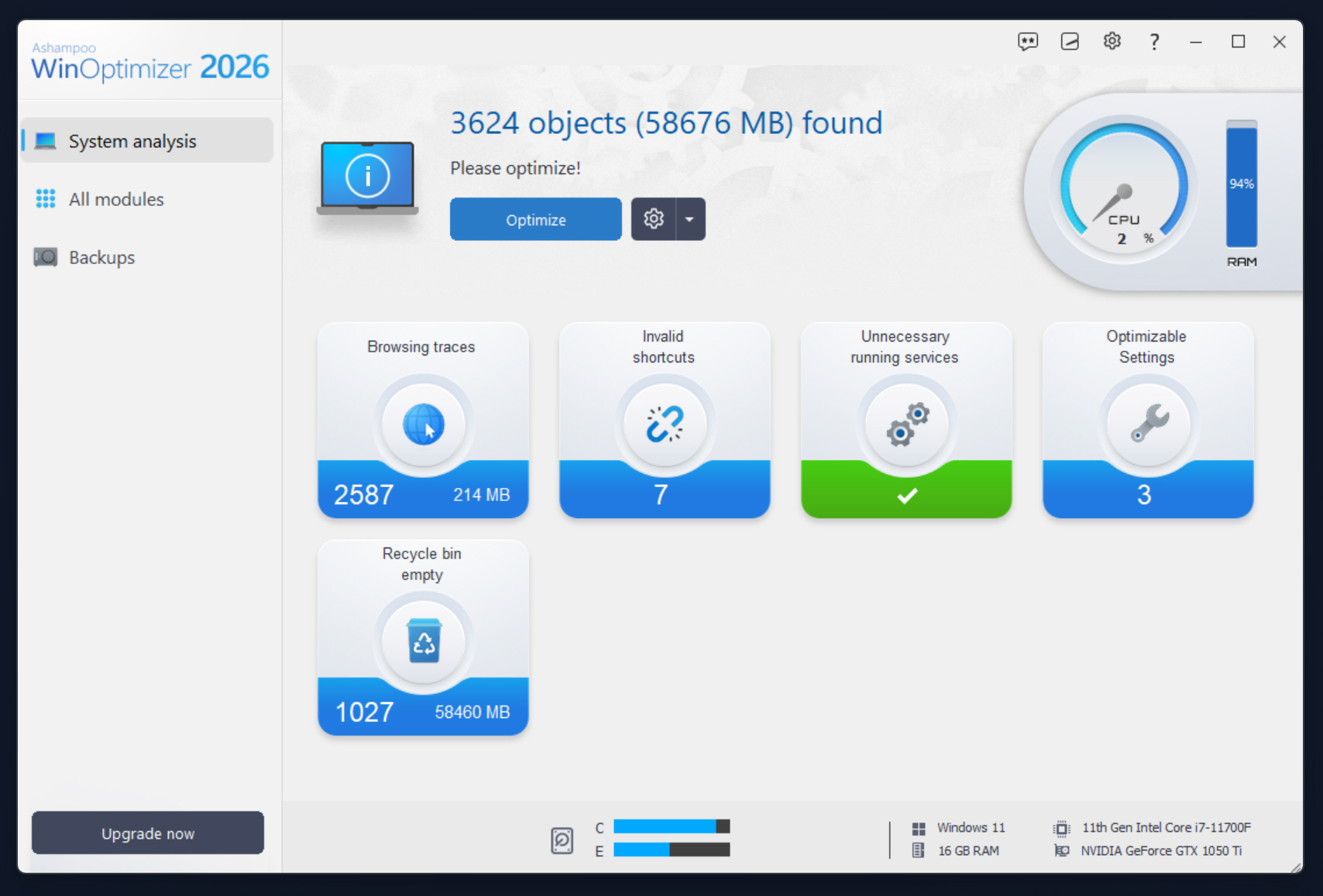
Get WinOptimizer 2026 for free and save $30 on this brand new Windows cleanup and tuning tool
Ashampoo has released WinOptimizer 2026 for managing Windows performance, privacy, and system maintenance. It promises to help boost slow performance, remove leftover junk, and provide easy access to advanced settings.
WinOptimizer 2026 lets users clean, tune, and customize Windows 10/11 without the need for deep technical know-how.

New starters, conditions, and actions are making Google Home more powerful
If you use Google Home to help with automation, there are new options coming your way. Google has announced the addition of new starters, conditions, and actions which it says help to give more granular control.
The various combinations allow for a huge degree of flexibility and personalization. With the Google Home ecosystem continuing to expand to include more products, users are becoming more demanding of what the system can do – and Google seems to be responding.
Google releases the first Pixel update of 2026
Google has started the process of rolling out the first update of 2026 for its range of Pixel devices. There are a large number of bug fixes within this update as well as the usual raft of monthly security patches.
The rollout is taking place on a global scale over the course of the coming weeks. Among the problems this update addresses is an issue that causes battery drain, and another related to flickering AOD.

Microsoft Lens really is closing down in a matter of weeks
Microsoft Lens – once known as Office Lens – has been hanging on by a thread for some time now. The original plan had been to kill off the document scanning app last year, but it was granted a stay of execution.
But now, just as we ease into 2026, Microsoft has announced a revised schedule for the retirement of the app. For fans of Microsoft Lens, there are mere weeks left until it vanishes.
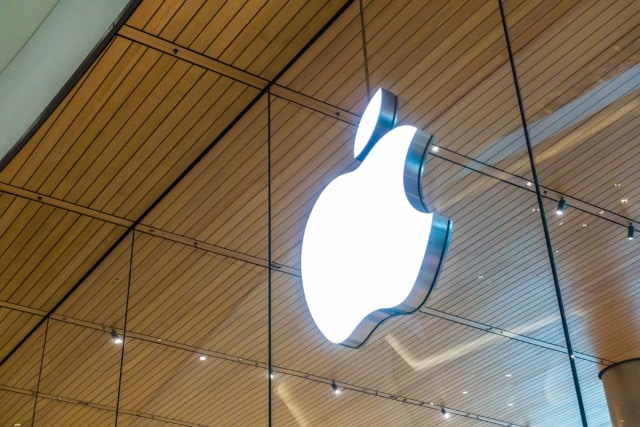
Apple turns to Google Gemini to power the future of Apple Intelligence and finally make Siri good
Apple and Google have entered into a multi-year collaboration that will see the next generation of Apple Foundation Models built on Google Gemini AI models and cloud technology. The agreement brings together two of the largest technology companies at a time when generative AI is becoming a core part of consumer platforms.
Under the partnership, Google’s Gemini models will form the technical foundation for future Apple Foundation Models, which are used to power Apple Intelligence features across Apple devices. One of the first visible results is expected to be a more personalized version of Siri, scheduled to arrive later this year. The updated assistant will be able to handle requests more naturally and better understand user context across apps and services.

VLC adds native Arm support on Windows, improving playback on Snapdragon devices
VLC, one of the most widely used media players, now runs natively on Windows PCs built around Arm processors, removing the need for x86 emulation on Snapdragon powered systems. This will be good news for anyone who has bought one of the growing numbers of Windows laptops and tablets with Arm chips, where emulated apps often feel slower and less efficient.
After years without proper Arm builds on Windows, VLC now offers native Arm64 support, allowing it to run directly on Snapdragon based hardware. This removes reliance on translation layers, which add overhead and, annoyingly, can chew through battery life during media playback.

Someone built a floppy disk TV remote control for kids and it actually works
A Danish hobbyist developer has built a floppy disk based TV remote designed to let young children control what they watch without having to worry about navigating apps or complex menus. The project replaces modern remotes with physical media, giving kids more independence while limiting autoplay and algorithm driven distractions.
The idea grew out of frustration with how current smart TVs behave in a household with children. Menus are layered, remotes are crowded with buttons, and streaming apps constantly push new content.
